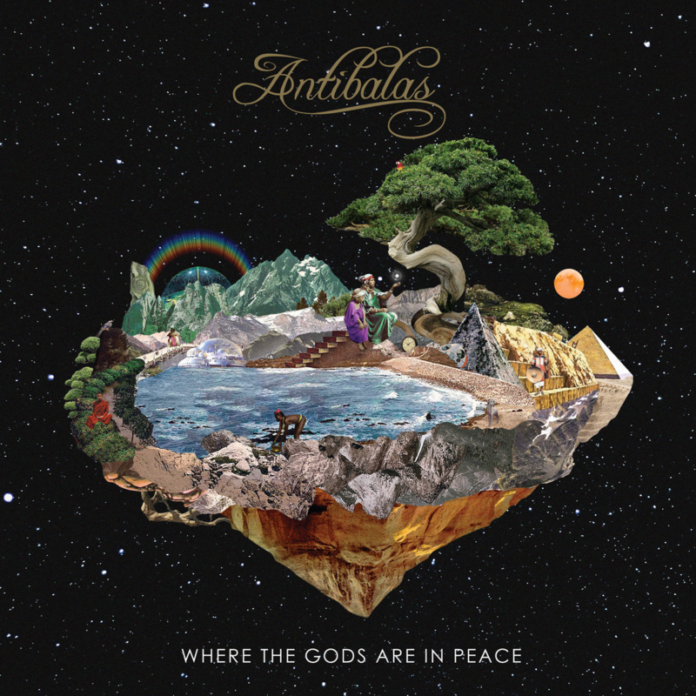I don’t quite remember the first time I listened to afrobeat as a genre, but I do remember the first time I heard Fela Kuti’s voice. In 2009, Mos Def (now Yasiin Bey) released The Ecstatic. In it, the banger “Quiet Dog Bite Hard.” At the beginning of “Quiet Dog,” a man speaks: “One thing I want to assure them, if they think I’m going to change or compromise my attitude and my way of life… towards politics. They are making me stronger. And I am much more stronger now.”
I found out years later that the voice belonged to Fela Anikulapo Kuti. Fela’s band, Africa 70, put together sprawling, intensely primal pieces that were half-traditional African (mostly Nigerian) percussion and rhythm and half modern jazz. Listening to the eight-minute long “Fefe Naa Efe” or the 22-minute “Coffin for Head of State,” one is struck by the fact that it is impossible to stay still while listening. There is, somewhere between the intimidating talent of Kuti’s Africa 70 band, a philosophy that blends unparalleled musicianship with a connection to the very energy inherent in life, in movement.
There is pop, and jazz, and traditional African music. But in all my years of listening, I have never come across a music more representative of life than afrobeat, a music which is both utterly social and, at its core, rebellious. (For example, Kuti’s “Zombie,” which criticized the Nigerian government’s oppressive military dictatorship, led to a military raid on Kuti’s “Kalakuta Republic” commune in Nigeria. It was during this raid that Funmilayo Ransome-Kuti, Fela’s mother, was thrown to her death from a third-floor window by military personnel.) Kuti in turn responded with “Coffin for Head of State,” a 22-minute lamentation. He also personally delivered a coffin to the door of the barracks where the then-president and vice-president of Nigeria were holed up, daring them to accept responsibility for his mother’s death.
It is in this tradition that Brooklyn Latin/afrobeat outfit Antibalas release Where the Gods are in Peace. Leaning heavily on South and Central American as well as Cuban influences, Antibalas’ latest record asks us a question: what do we use music for? Why do we listen to it?
The opener “Gold Rush” revamps Fela’s orchestral sound, adding to it a breadth of space between instruments as well as a subtle reverb that immediately modernizes Antibalas’ formula. Despite this, an undeniable focus on the social implication of music is apparent in every track on the record. Compared to the electronic dance music that saturates prime-time radio, Antibalas’ latest record brings together the very best aspects of Latin and African music: a focus on rhythm.
Where modern-day pop focuses on catchy hooks and blatant pounding rhythms, Antibalas compels listeners to move through instrumentation that is less obvious than, say, a top 40 hit. By less obvious we mean that instead of one 4/4 rhythm pushed by a single drumbeat, several contrasting instruments in the rhythm section all add a different but complementary rhythmic element to a common tempo. Instead of one short, predictable melody stated and restated, melodies evolve throughout pieces like “Tombstone,” starting in one place, and ending in another. Always grounded by a simple compelling rhythmic element, Antibalas’ structure allows the band to explore more ideas while still putting together a record that holds at its very core a principle of movement. The relationship between instrumental parts is always in flux, shifting apparently naturally; and our own movement, our own instinct to dance is driven by a rhythm section that brings many different elements together in a pulsating chant, a rhythmic soup.
It may not get radio time (mostly because of the track lengths), but Antibalas’ latest record establishes them as the leading (by which we mean most visible) torch-bearers to continue Fela’s legacy.


